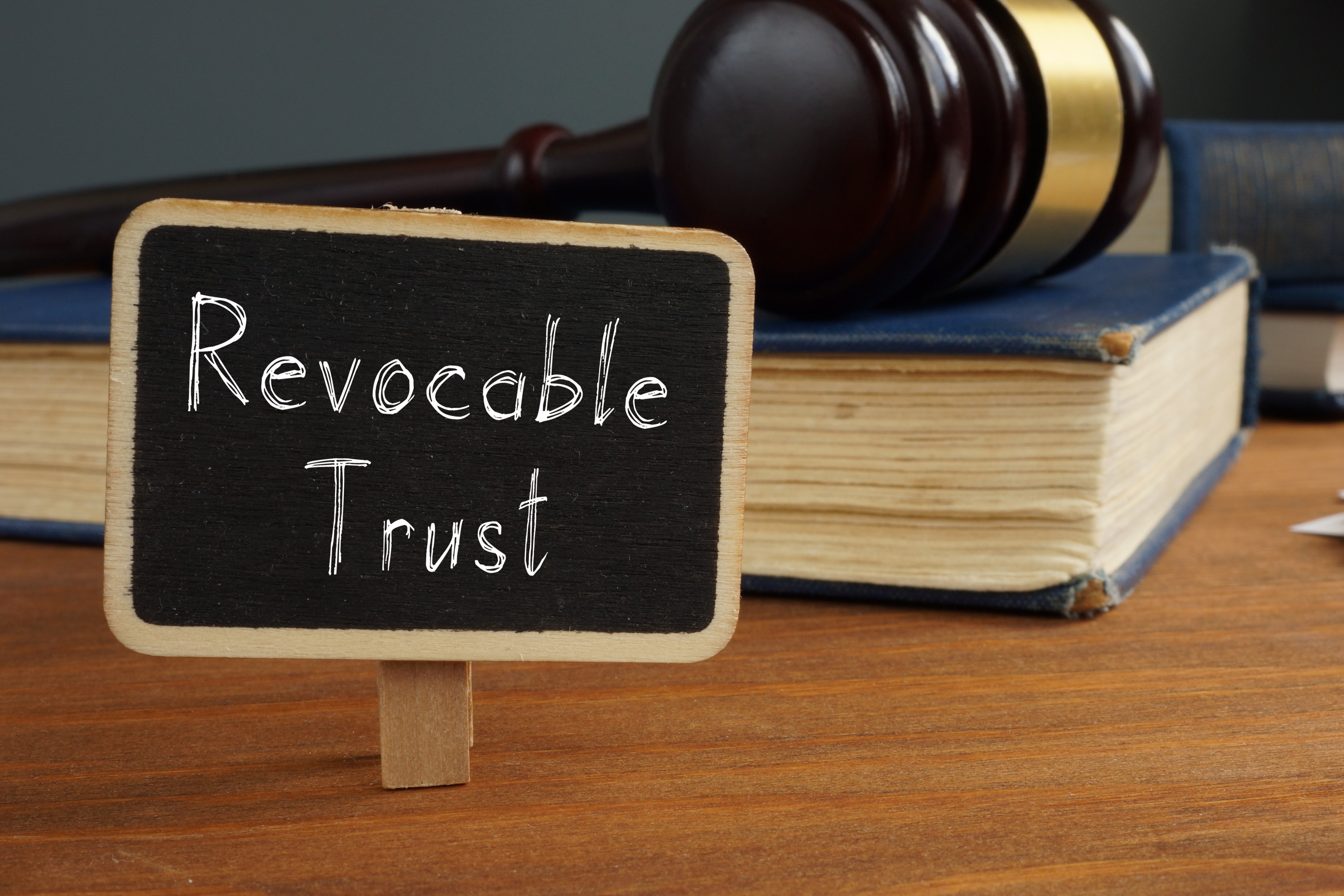Deciding between a revocable and irrevocable trust is one of the many important choices in your estate plan. Both have unique advantages and limitations that can impact your financial legacy. Let’s discuss insights and real-life examples to help you navigate this crucial decision.
Revocable Trust
Pros
Flexibility: Suitable if you anticipate any changes in your assets, distribution wishes or beneficiaries.
Control Over Assets: You retain full control over the assets, letting you manage them as you wish.
Probate Avoidance: Assets can bypass probate for a quicker transition to your heirs.
Cons
Limited Asset Protection: Since you maintain control over the assets, it doesn't shield assets from creditors or lawsuits.
No Tax Benefits: Offers little in terms of mitigating estate taxes since it’s still in your estate.
Case Study: Sarah's Decides To Set Up A Revocable Trust
Scenario: Sarah is a 50-year-old entrepreneur looking to sell her business and retire within the next decade.
Decision: Sarah opts for a revocable trust to retain flexibility.
Why Did Sarah Make This Choice?
Taxes: While Sarah doesn't benefit from any tax advantages, she's okay with it given her need for flexibility.
Control: The revocable trust lets Sarah keep full control over her assets, which is crucial as she prepares to sell her business.
Asset Protection: Sarah understands that her assets are not shielded from potential creditors, but values control and flexibility over protection.
Irrevocable Trusts
Pros
Asset Protection: Ideal for those who want to protect assets from creditors or legal actions. Since you don’t control the trust, it is typically protected from litigation.
Tax Benefits: Since you’re moving assets out of your estate with this solution, you can mitigate estate taxes and provide other tax advantages.
Cons
Inflexibility: The terms are difficult to change, making it a rigid option.
Loss of Control: Once assets are moved out of your estate, and into the trust, you generally can't alter terms or manage them.
Case Study: John's Irrevocable Trust
Scenario: John is a 70-year-old retired physician with a substantial estate he wants to safeguard for his grandchildren.
Decision: John chooses an irrevocable trust to protect his assets
Why Did John Make This Choice?
Taxes: John significantly reduces his estate tax liability, which is crucial given his large estate.
Control: He accepts that he will lose control over these assets but deems it a worthwhile trade-off for the tax benefits and asset protection.
Asset Protection: His assets are now well-protected from any future lawsuits or creditors, giving him peace of mind.
Conclusion
Choosing between a revocable and irrevocable trust is an important decision. Weigh your need for control, your tax implications, and your desire for asset protection carefully as you make this choice. An informed decision is invaluable, as the consequences are enduring and potentially irreversible.




